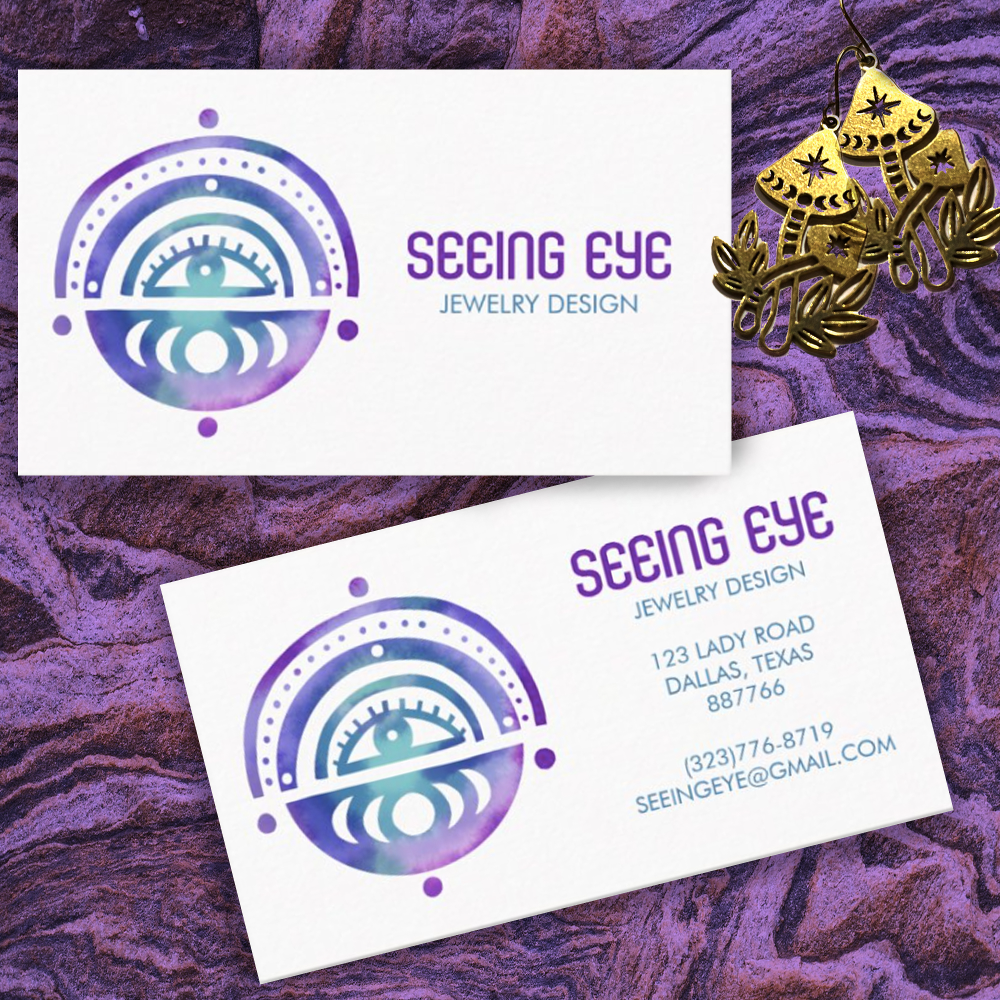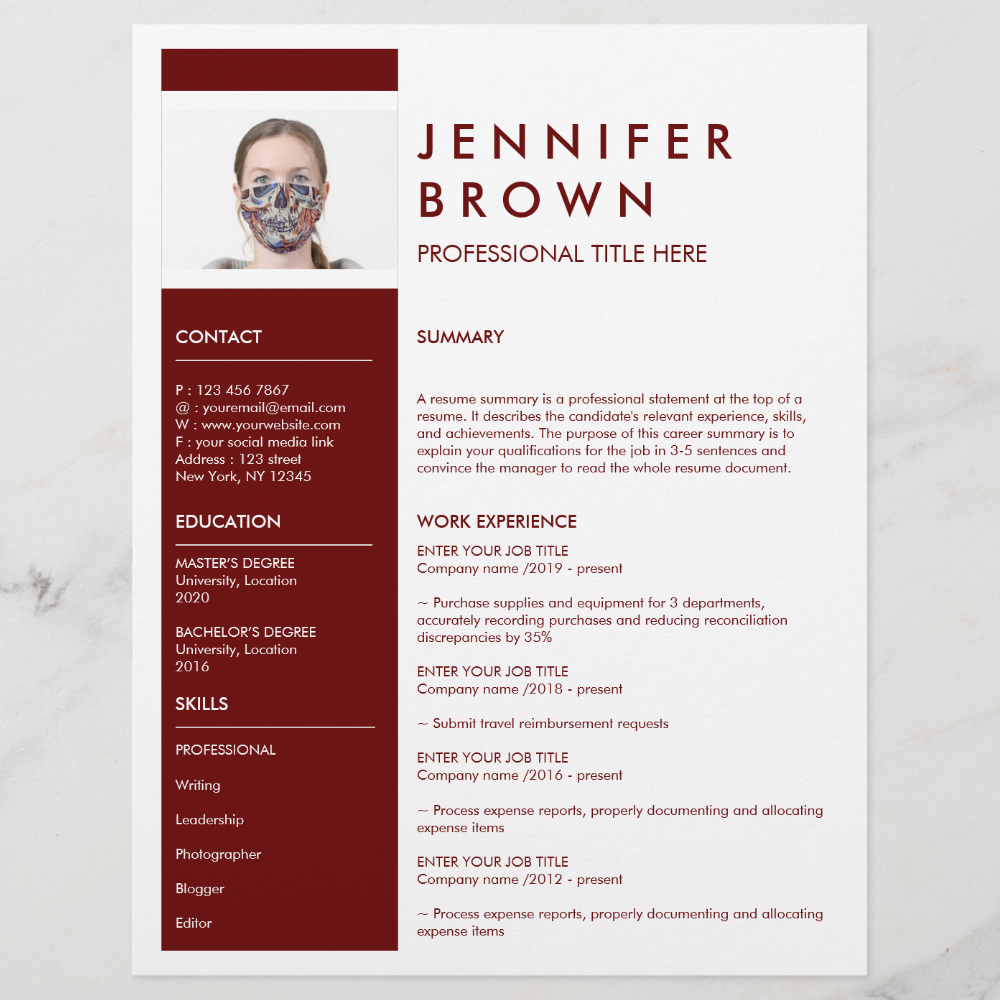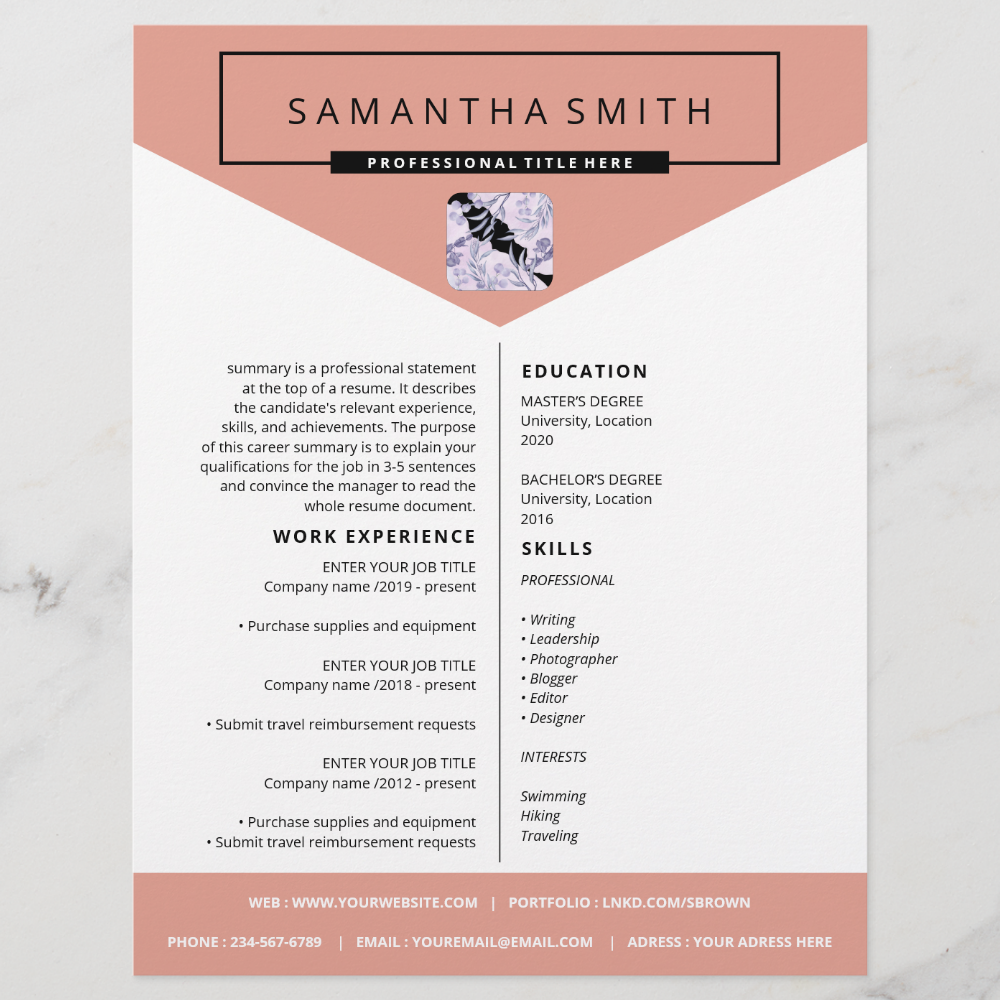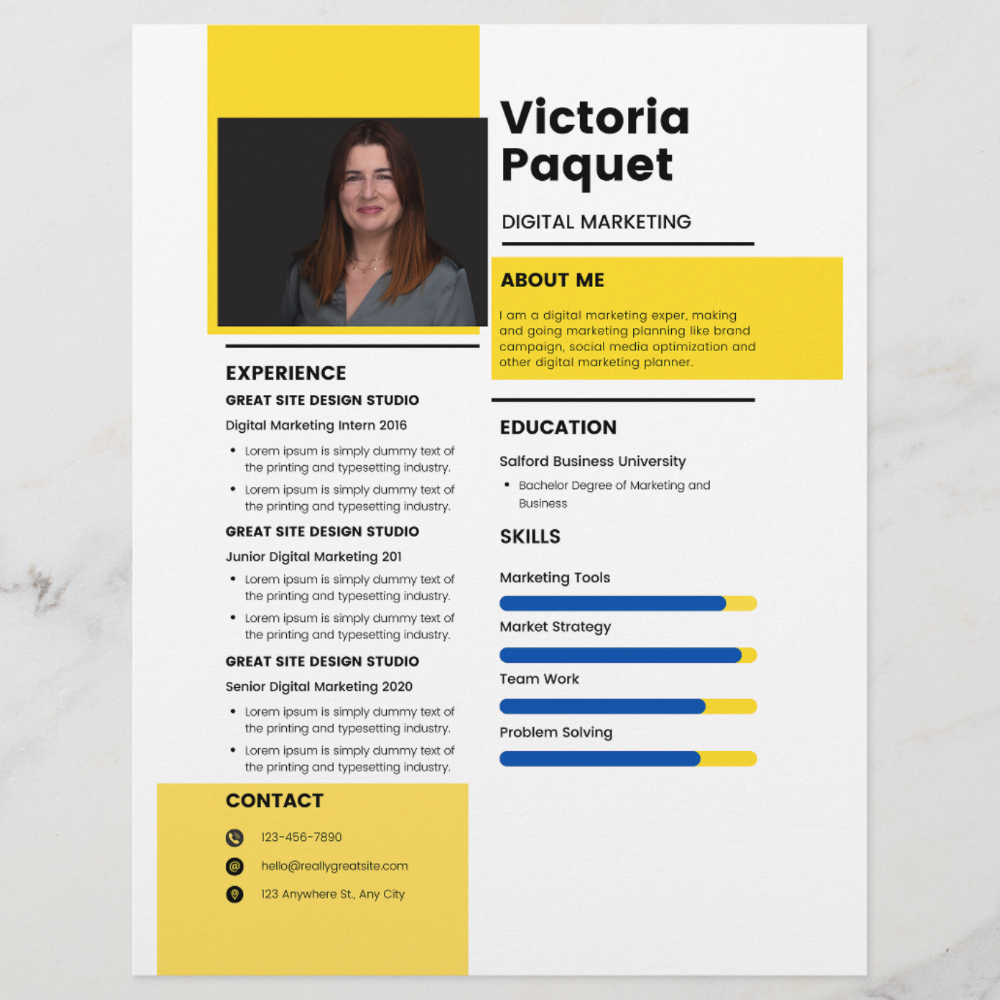If you’re feeling frustrated with your current job, or if you simply want a change of scenery, then you’ve come to the right place. Okay, we’re not exactly offering you a new post here, let’s make that clear! But nonetheless, we can still provide you with some tips and considerations for when it comes to deciding on a new career path.
You see, a new career can be extremely rewarding – it’s fulfilling to find a job that aligns better with your passions and aspirations. And in today’s dynamic professional landscape, there are boundless employment opportunities – according to the World Economic Forum, the U.S. labor market is stronger than it’s been in over 50 years. But at the same time, it’s a big decision, and some guidance is necessary to make sure you’re fully informed about the impacts and consequences (both good and bad).
We’re about to embark on an exciting journey of self-discovery and personal growth. And you might even cut your commute in half, increase your salary, and score access to your local gym in the process. Where do I sign up?
Assessing Your Current Situation
Before we go any further, however, it’s crucial to gain an understanding of your current situation – why are you leaving your current position, and how can that knowledge inform your next applications? Furthermore, what are your strengths and weaknesses, and how will these translate to your next career? This might sound like the mundane content you’d find in a performance review, but trust us, it’ll be useful!
Evaluate Your Current Career
In order to choose a career that brings you satisfaction and fulfillment, you need to know what exactly it is that you enjoy doing. What aspects of your current job leave you feeling dissatisfied, and on the other hand, what aspects do you appreciate? Changing careers can sometimes be a matter of simply pivoting, and applying for a post that places sufficient emphasis on your skills and passions.
Identify Your Areas of Expertise
In your current career (and even beforehand), you’ll have acquired a number of skills, qualifications, and experiences that will empower you when looking for a new career. Hard skills are technical skills – knowing how to operate certain software, speak a foreign language, or edit an article, according to Indeed.com. Meanwhile, soft skills are the “interpersonal and behavioral traits you possess that help you work well with colleagues.” Most jobs require you to use a combination of soft skills and hard skills.
Exploring Your Passions and Interests
Sometimes, the motivation to change careers can come from non-work-related passions and hobbies that we’ve encountered. Perhaps you’ve recently dabbled in creative writing, and now you’d like to pursue content or technical writing as a career? Maybe you’ve bought yourself a camera or camcorder to do some amateur photography, and now you’d like to work on it full time. Think of the activities that energize you and ignite your enthusiasm, and let those influence your decisions.
Researching Career Options
Now that you’ve assessed your current situation and gained insights into your skills, interests, and aspirations, it’s time to dive into researching potential career options. The results you receive will vary depending on the industry you’re researching, but we’ll give you a starting point.
Conducting Industry Research
If you’re making a substantial change in your career, and are about to enter an entirely new industry, then you should begin by investigating that industry further. Try to identify market trends, technological advancements, and economic forecasts – is this a booming, up-and-coming, or declining sector? For world-class industry reports and forecasts, you can visit sites like IBISWorld and MarketResearch.com, though a quick Google search should also reveal articles on business sites like Forbes.com.
Investigate Job Roles and Responsibilities
Using sites like Indeed, LinkedIn, and Monster, look into job descriptions and openings in the sector or companies you find intriguing. Gain a clear understanding of the skills and qualifications required for those roles, and any other information you can glean regarding the salary or promotion potential. Once you know what these employers are looking for, review your own résumé, and see whether you have what it takes (in terms of skills and qualifications, rather than pure gumption)! You could even create a brand-new résumé to fit the occasion using Zazzle’s Résumé Maker tool, and read our article on “Ways to Set Your Résumé Apart” for some further advice!
Gathering Information on Salaries and Conditions
Money isn’t everything – you could be one of the most highly paid staff members in the country, and still dislike your job. But it’s still a desirable factor in changing careers, which is why we recommend using sites like Glassdoor.com to learn more about predicted salaries in a given company or sector. With Glassdoor, you’ll even see potential interview questions and reviews left by former employees, which can also be telling.
By the way, another way of getting information about a market or business is to speak to someone who’s a current employee. Many of us contemplate a career change when we see someone else enjoying better conditions or assuming more interesting responsibilities. If it’s possible, consult a friend or friend-of-a-friend who’s in the know, and see how satisfied they are with their career.
Seeking Guidance and Support
Sure, embarking on a new career path can be daunting, but you don’t have to navigate the journey alone. If your queries on internet forums didn’t yield the information you wanted, there are other people to seek advice from!
Networking and Informational Interviews
‘Networking’ can seem like a rather dreary term, but we promise, it can have its benefits! Almost every industry, whether it’s IT, pharmaceuticals, education, or agriculture, has events, conferences, and networking functions to connect with other workers and professionals. If there’s a face-to-face symposium taking place in your area, you may be able to attend and learn more about your prospective sector.
Remember, too, that most presenters and campaigners are only too happy to chat about themselves and what they’re doing, so an informational interview – or simply an impromptu Q&A – shouldn’t be too hard to secure. Just make sure to have your questions thought out beforehand!
Engage with Career Guidance Experts
You might have thought that career counselors were isolated to schools and colleges, but coaches who specialize in career transitions are available to answer questions at any stage of your life. Visit a site like Prepory.com, and you’ll be able to benefit from the experience, expertise, and new perspectives of their seasoned professionals.
In a similar vein – hopefully we’re not reviving too many painful school memories here – you could also try a quiz or assessment to determine the best career for you. These tests vary in their authoritativeness, but if you can do a few and compare the results, you should achieve a more reliable answer! Some examples include those offered by BigFuture, The Princeton Review, and The Career Test.
Making The Decision
Finally, after conducting thorough research, self-reflection, and seeking guidance, it’s time to make a firm decision regarding your career change. Before you draw up that resignation letter and inform your employer that you’re handing in your notice, be mindful of these last considerations! And, obviously, it’s best to have a new position lined up before you bow out…
Weigh the Pros and Cons
We don’t want to be spoilsports when we’re talking about your dream job, but it’s a good idea to list out the pros and cons of this change. If the cons outweigh the pros, it doesn’t necessarily mean you need to abandon the idea, but perhaps there are other things you can do to improve the balance. For example, if one of your cons is that you’re worried about being underqualified, then taking a class or online course could remedy the situation. Mainly, however, think about how your work-life balance, job satisfaction, and potential for growth will be affected by this career change.
Set Realistic Expectations
It may sound contradictory, but even your ideal job will come with some drawbacks; for example, you may need to make some lifestyle changes to pursue this dream, such as moving or making a longer commute. And even if it’s a post that you’re destined to accept, know that transitioning to a new career can involve a learning curve and adjustment period. You’re going to put yourself out of your comfort zone, and while that’s ultimately a positive, fulfilling experience, there may be some setbacks or temporary compromises.
If you’ve followed all of the above steps and are happy to proceed with your career change, then now’s the time to take action! Changing careers can be difficult, but it can also be an exhilarating and deeply gratifying process. We hope that, through the above steps, you’ve been able to make an informed decision about your professional life and are ready to try something new! Best of luck, and let us know how it goes in the comments below!

Eoin is a Content Specialist at Zazzle in Cork. He’s recently bought a house with his fiancée, and thus most of his time these days is spent trying to keep the walls from caving in and the wolves from the door. Still, he’s always open to book, game, and movie recommendations, so if you have some, let him know: he’ll add them to a very, very long list.













